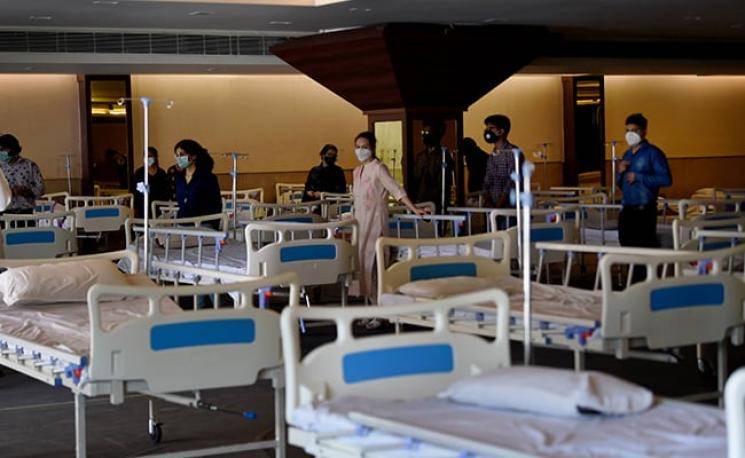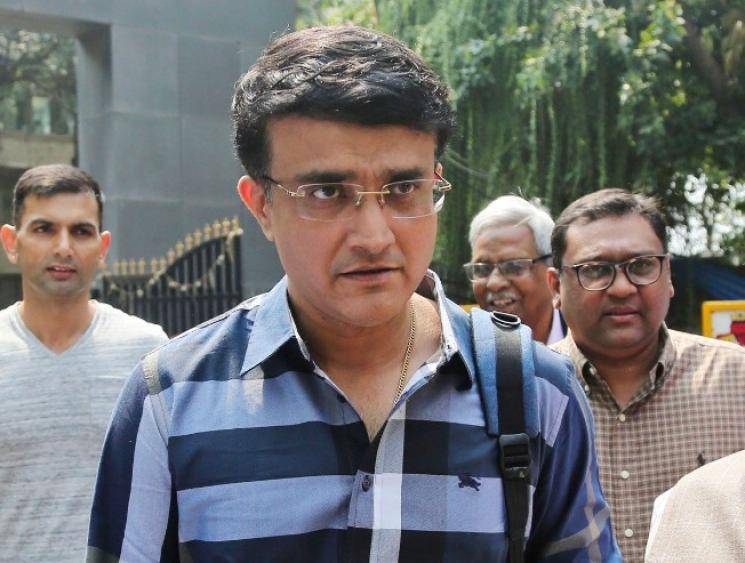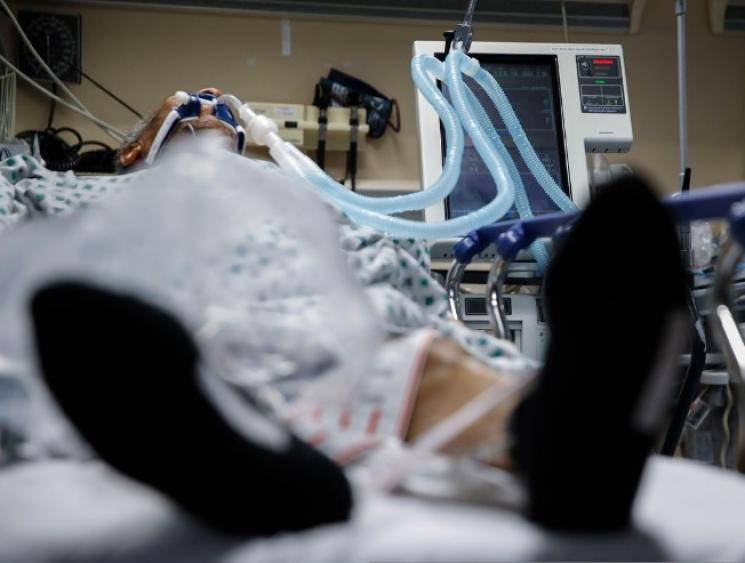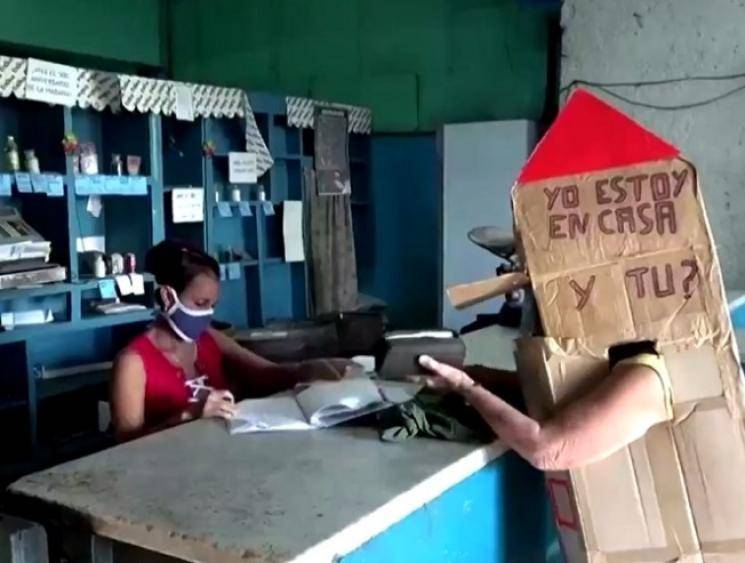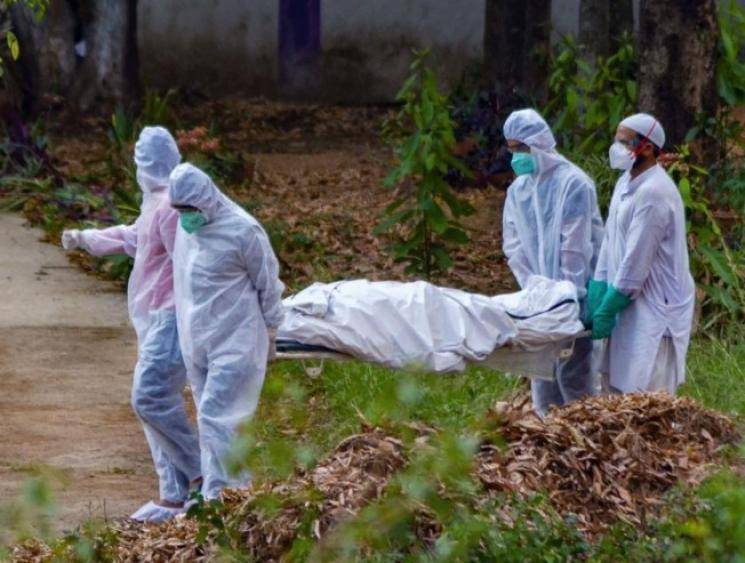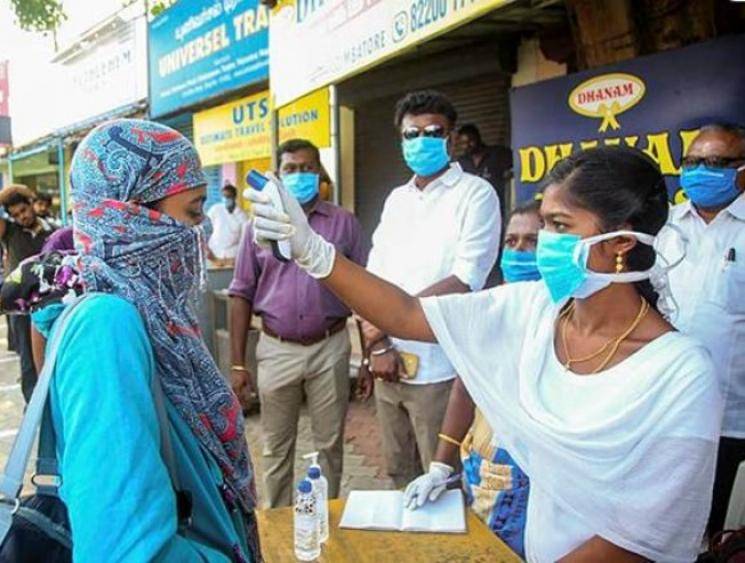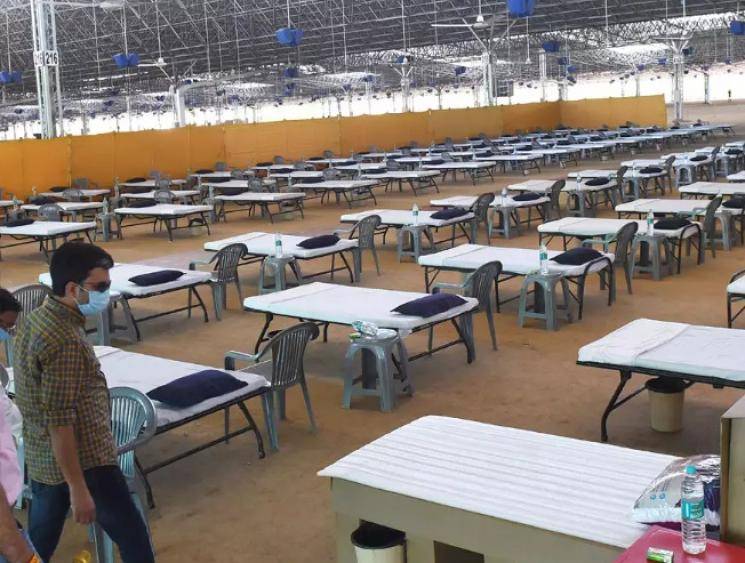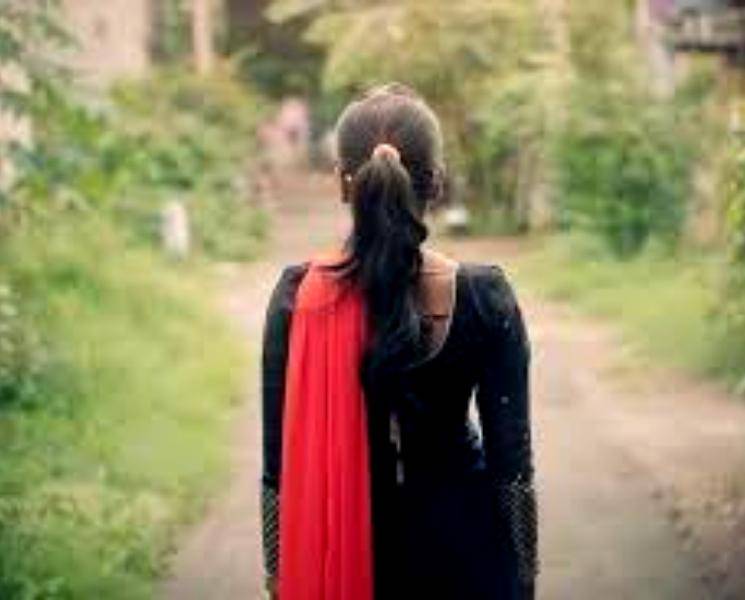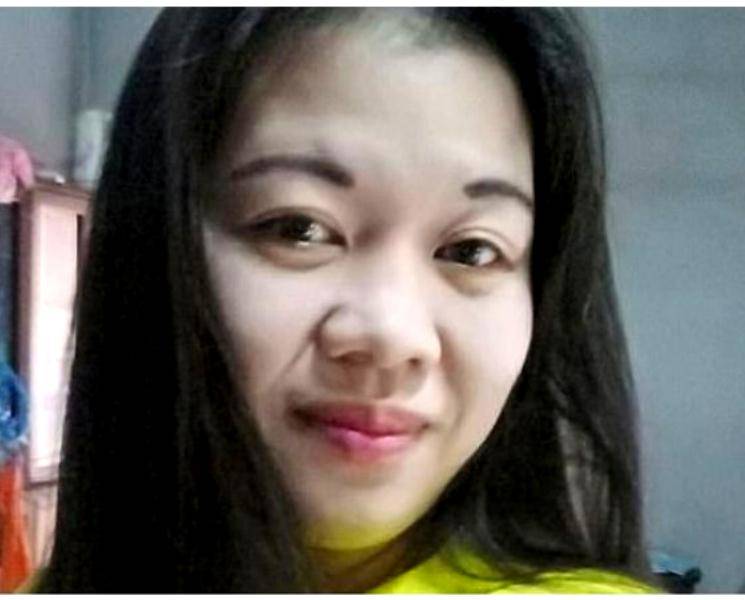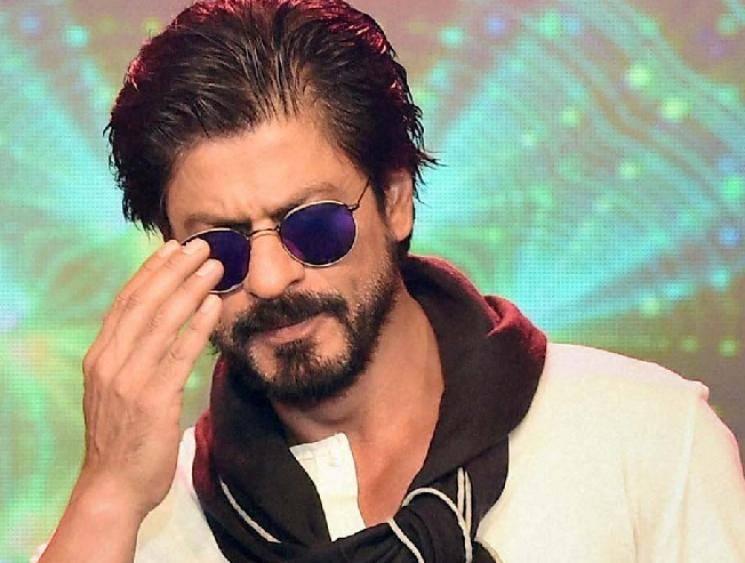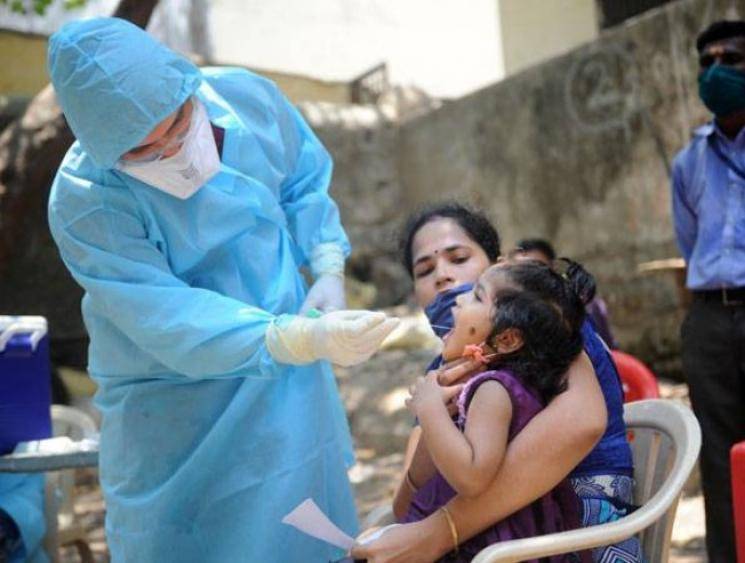Coronavirus treatment | Five-day compulsory institutional quarantine withdrawn in Delhi
By Vivek Raj | Galatta | Jun 20, 2020, 07:32 pm
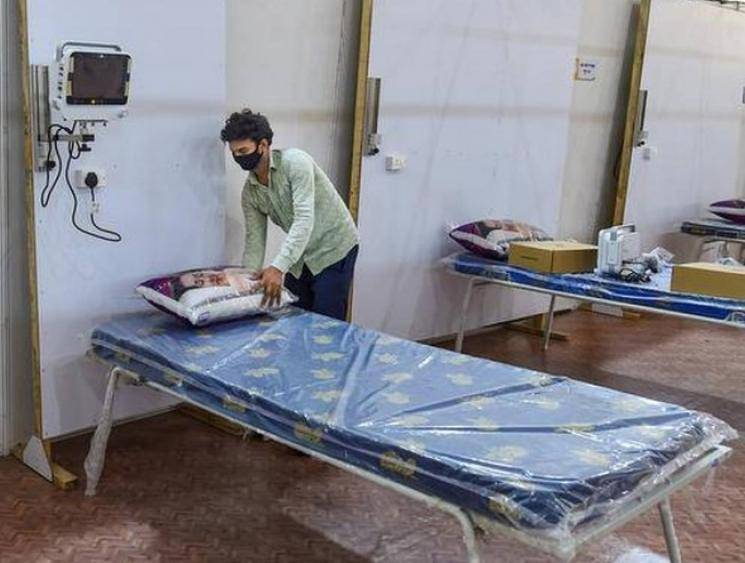
A five-day institutional quarantine order mandated by Delhi's Lieutenant Governor Anil Baijal for anybody testing positive for coronavirus in the city was withdrawn on Saturday after it went on to create a lot of controversy amid a strong protest from Chief Minister Arvind Kejriwal's Aam Aadmi Party Government. Mr. Baijal took to his Twitter page to make the announcement that the five-day institutional quarantine order in Delhi had been withdrawn saying, "Regarding institutional isolation, only those COVID positive cases which do not require hospitalisation on clinical assessment & do not have adequate facilities for home isolation would be required to undergo institutional isolation,".
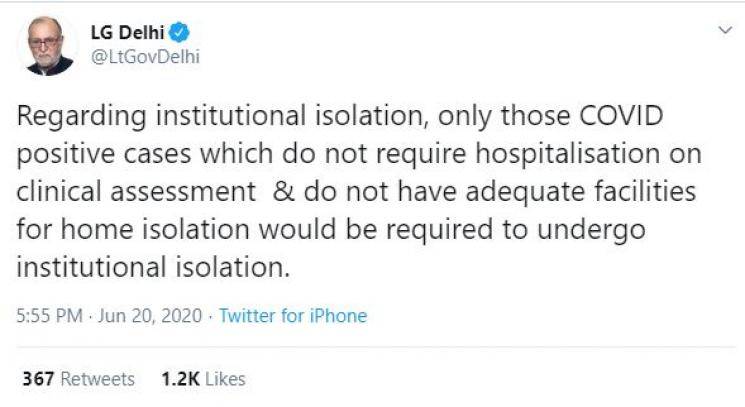
Regarding institutional isolation, only those COVID positive cases which do not require hospitalisation on clinical assessment & do not have adequate facilities for home isolation would be required to undergo institutional isolation.
— LG Delhi (@LtGovDelhi) June 20, 2020
The decision has been taken after Delhi CM Arvind Kejriwal questioned the need for a separate rule for the city while opposing Mr. Baijal's order during a meeting of the Delhi Disaster Management Authority, being led by the Lieutenant Governor. During the meeting, Mr. Kejriwal was quoted as saying, "Most corona patients are asymptomatic or with mild symptoms. How will arrangements be made for them? The coaches provided by the Railways for isolation are hot inside where patients cannot stay,". It is to be noted that Delhi Deputy Chief Minister Manish Sisodia had earlier in the day stated that the order issued by Mr. Baijal was going against the Indian Council for Medical Research's (ICMR) guidelines, which allowed asymptomatic COVID-19 patients and those with mild symptoms to undergo home isolation while adding such an order would bring "chaos" in the city.
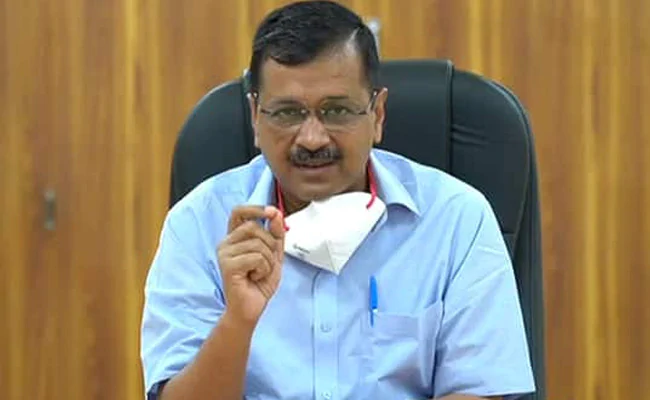
Mr. Baijal on Friday issued orders for all asymptomatic COVID-19 patients or those with mild symptoms to undergo a mandatory five-day institutional quarantine. He then said that asymptomatic patients will be sent for home isolation upon them completing the compulsory five-day institutional quarantine. Concerns were raised about the rule demoralizing the people in the city from reporting coronavirus symptoms. Furthermore, there were worries that an attempt to implement such an order would create more stress on the city's health infrastructure, which already has seen a huge spike in the number of patients. Delhi has seen over 53,000 coronavirus cases to date of which more than 27,000 people were active. More than 10,000 people with active infections were reported to be under home isolation.
